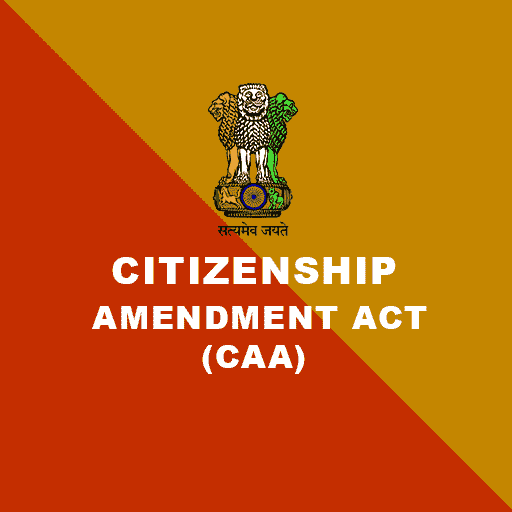Does Protective Discrimination Violate the Principles of Fairness?
The policy of giving favored treatment through protective discrimination’s to certain members of the deprived groups because such groups have suffered systematic discrimination in the past has generated a fierce philosophical debate in the contemporary political theory. Such favored treatment include privileged access to jobs employment, admission in educational institutions etc. and the recipients can be lower castes, classes etc.
These politicize of protective discrimination’s or rational discrimination’s or affirmative action are also called reverse discrimination’s because they embody race class, caste or sex as the criteria for differential treatment just as overtly as it was used against them in the past. While the egalitarian and positive liberals support such discrimination’s in order to achieve adjust and fair society, the libertarians and legal positivists do not approve of such discrimination’s because this, in their opinion, affects the excellence, merit and the basic rights of freedom and property of the individuals.
There are various justifications that the protective discrimination’s do not violate the principle of fairness or justice.
Protective discrimination are based on this argument :
- The equality of opportunity is very feeble,
- It does not really exist unless made more effective
- There is a caused connection between being unequal and hence poor, illiterate, socially and culturally backward underfed and undernourished,
- That something should be done to alter the distribution of goods and services in order to be fair to all,
- Proactive discrimination is one of the various means to correct this imbalance in the distribution of good and services. As such it does not violate the principle of fairness.



